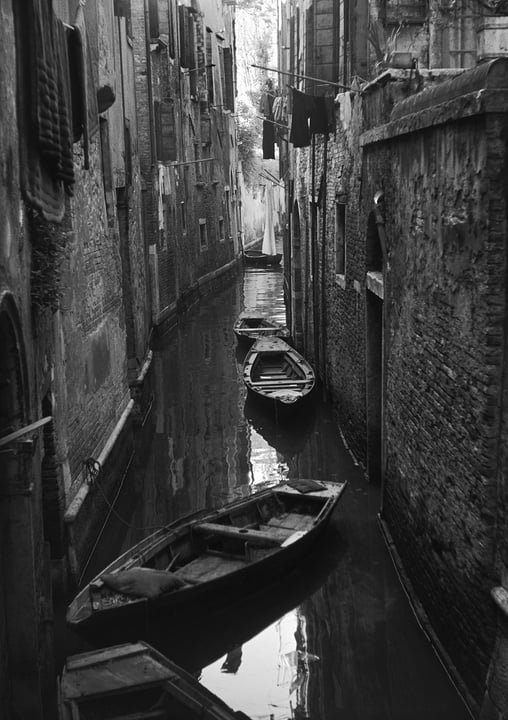(CN) – Venice, a world-famous Italian city strained by mass tourism and a loss of residents, plans to begin charging tourists an entry fee this year and in the future could even ask visitors to book their trips in advance.
On Tuesday, Mayor Luigi Brugnaro said the entry fee will go into effect in May. His plans need the city council's approval.
Venice is a World Heritage site and it has long been one of the world's top travel destinations, taking in more than 20 million visitors a year. In peak periods, it's crammed with visitors shuffling over its canal bridges and struggling to find a free spot on Saint Mark's Square, its central piazza that Napoleon supposedly once called “the finest drawing room in Europe.”
In recent years, Venice's problems have been exasperated by a flow of cruise ships allowed to dock at the city's edge. The ships tower over Venice's palaces and tiled rooftops, bringing about 1.4 million tourists.
To both rein in tourism and offset its costs, Venice is rolling out this scheme to charge fees just to walk its canals.
Starting in May, the city plans on charging a $3.40 fee and then charge up to $11.40 a person starting next year. The city envisions charging higher fees during the busiest times of the year and lower fees during quieter periods.
Beginning in 2022, Mayor Brugnaro also said visitors will be asked to book their visits online. He said people would not be denied access to the city, but that it would be more complicated to enter without a reservation, according to news reports.
“It will help us make Venice suitable for both residents and visitors, give us the right balance,” he said in a statement.

In an interview with RAI, an Italian broadcaster, Brugnaro said the fees will help pay Venice's hefty maintenance costs. He said the city spends $34 million more on maintenance than other Italian cities pay to keep up its historic centers. The new fees are expected to bring in up to $57 million a year, according to Italian news reports.
He said the city needs funds to clean mud from its canals and to look after the special paving stones found throughout the city.
“We pay a price for maintenance that is very costly,” he told RAI. “This cost has always been borne on the shoulders of Venetians.”
The mayor also has talked about using funds from the fees for cleaning up trash left by tourists.
Venice was built in the 5th century AD on islands and it became a major maritime power. With its flourishing, Venice became a cultural center of arts and music and masterpieces are found throughout the city.
Venice's fee plans were approved by the Italian Parliament in December. But not all politicians like it.
Gian Marco Centinaio, Italy's tourism minister and a member of the far-right League party, called the fees “useless and damaging” on Twitter.
“Do we want to become a tourist-repelling country?” he asked.
The fees are expected to be added to the cost of arriving by train, cruise ship, plane and bus. People who spend the night in Venice and pay a tourist tax charged at hotels will not have to pay the new fee.
Residents won't have to pay the fees. Others visiting Venice for specific reasons – for example, students, Italian soldiers, sports competitors, people on official business and people with Venetian ancestry and those visiting family members – won't have to pay the fees either.
There are only about 55,000 residents left in Venice. Its population has fallen since the 1950s, when about 170,000 people lived there.
The World Travel and Tourism Council estimates that tourism brings in about $3.4 billion in revenues to Venice and makes up more than 11 percent of its economy.
Still, the new fees underscore growing anxiety among Venetians over the damage caused by mass tourism.
The city has installed turnstiles near Saint Mark's Square to control the number of tourists and it has talked about imposing fines on people who sit and eat in some public places.
One thing the city hasn't done – despite the pleas of many residents – is ban cruise ships.
(Courthouse News reporter Cain Burdeau is based in the European Union.)
Subscribe to Closing Arguments
Sign up for new weekly newsletter Closing Arguments to get the latest about ongoing trials, major litigation and hot cases and rulings in courthouses around the U.S. and the world.








